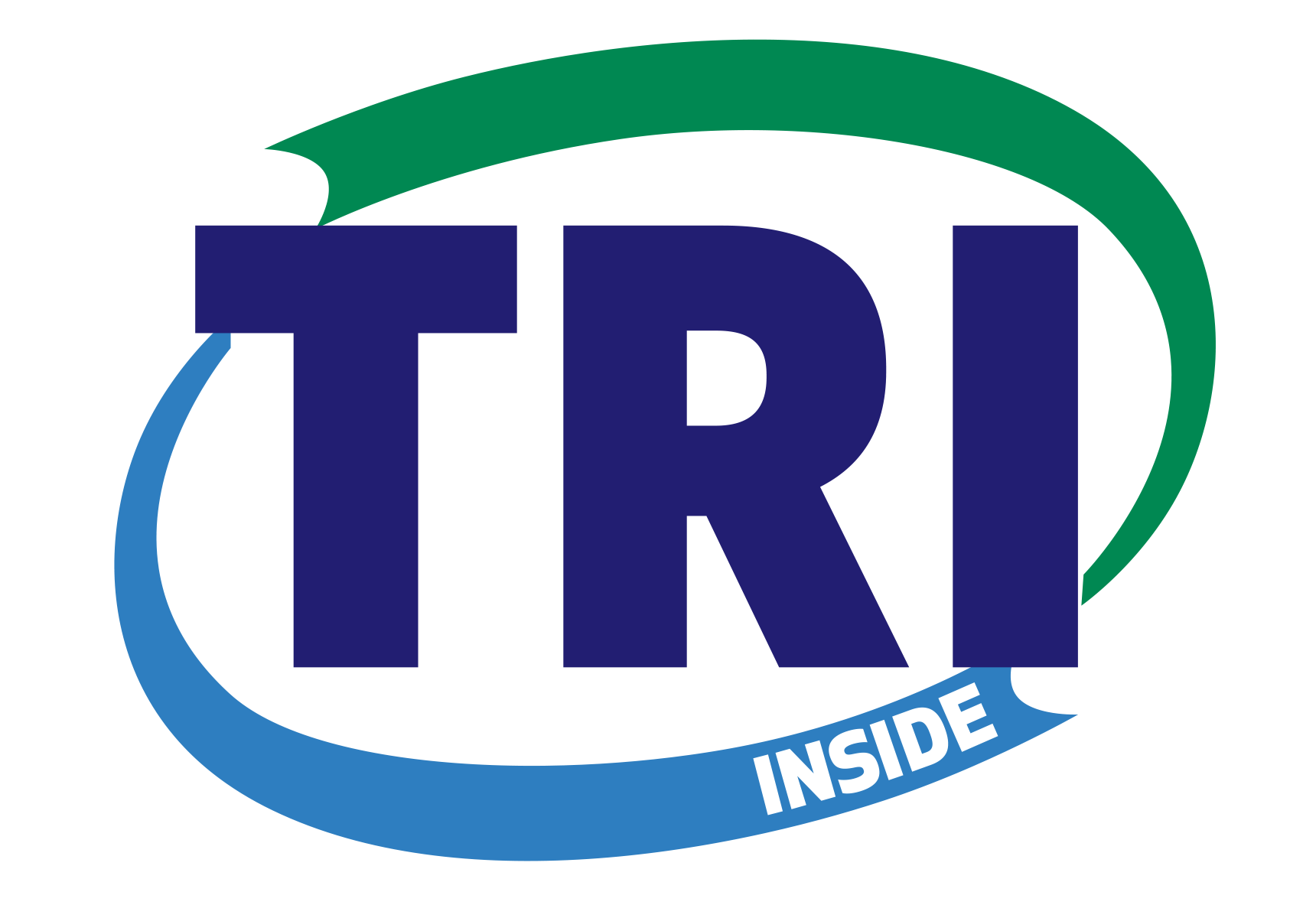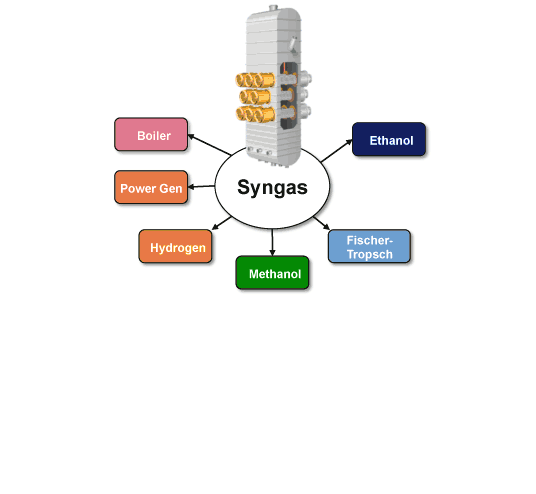What is optionality? In financial circles it is the value of additional optional investment opportunities available only after having made an initial investment.
TRI’s proprietary steam reforming gasification technology provides unrivaled optionality for the integrated biorefinery. It yields a sustainable competitive advantage that lowers the risk of investment substantially by enabling the biorefinery to respond quickly and cost effectively to market changes and opportunities.
Biorefineries are very capital intensive. Having the flexibility to extend the feedstock mix or switch the products a biorefinery makes, extends the life and viability of that biorefinery. You are able to react to changing market conditions. Maybe today the best thing to make is fuel – tomorrow it may be power. With very small changes to the economic investment, you can do that with our technology.
– Dan Burciaga, CEO of TRI, Inc.
TRI’s proprietary steam reforming gasification process enables:
- flexibility to process a wide range of feedstocks so that a facility can quickly react to changing feedstock market conditions
- maximum production of syngas per pound of biomass
- optimum thermal and process integration of gasification to produce a range of combined heat and power and liquid fuel and biochemical products
- optionality and the high potential profitability that it enables the integrated biorefinery to achieve.
By comparison, fossil versions of chemicals are not sustainable because they are produced using finite resources, impact the environment and carbon content of the atmosphere, and, for the most part, are not biodegradable. Economically, the price of fossil derived products is tied to the global commodity price of oil – which is highly volatile. The more replacement feedstocks a technology can use, the less volatile the price of those products.
There are as many specific pathways to our bio-based energy future as there are unique companies, but some of the scenarios that work for our clients include:
- Biomass conversion to syngas for processing into a range of liquid transportation fuels and high-value chemicals
- Biomass conversion to syngas for combined cycle power generation to reduce operational costs, displace fossil fuels, and create new revenue streams by selling excess green power to the local grid
- Biomass conversion to syngas for combustion in a boiler or lime kiln to reduce operational costs and displace fossil fuels
Sample production line scenarios
TRI’s production line scenarios are entirely customizable to clients’ specific circumstances and goals and afford an increasing range of both economic and environmental benefits. Visit our deployments page for a current case history list.
For instance, TRI’s technology can efficiently balance the steam and electricity requirements of an existing host facility to lower operating costs and /or increase profits. This is often accomplished by using the facility’s waste streams as gasification feedstock.
In gas-to-liquids scenarios, a biorefinery integrated with a host facility has significantly increased efficiencies versus a standalone biorefinery. This is a significant competitive advantage in a large, dynamic, emerging market.
Some of TRI’s specific optionality features and available benefits are outlined below. We encourage any interested parties to contact us directly for more customized and in-depth discussions.
- A high quality synthesis gas (hydrogen and CO) with high purity and a higher heating value (HHV) of ~ 300 Btu/dscf
- A synthesis gas that is customized to meet the feedstock needs of the downstream gas to liquids (GTL) or combined cycle (CC) process
- Feedstock flexibility including wood waste, agricultural wastes, energy crops and refuse derived fuels (RDF)
- A gasification system that is energy self-sufficient by utilizing tail gas from the integrated GTL process to provide the necessary endothermic heat
- A stable and safe system that has the ability to minimize syngas variability regardless of biomass feedstock characteristics
- A system that is fully scalable from 500 dry tons per day of biomass (dtpd) to 2000 dtpd of biomass with a single steam reforming reaction vessel
TRI can be your enabling partner, identifying the most logical, feasible and appropriate pathway for your company’s bio-future, on your terms and at your pace.


